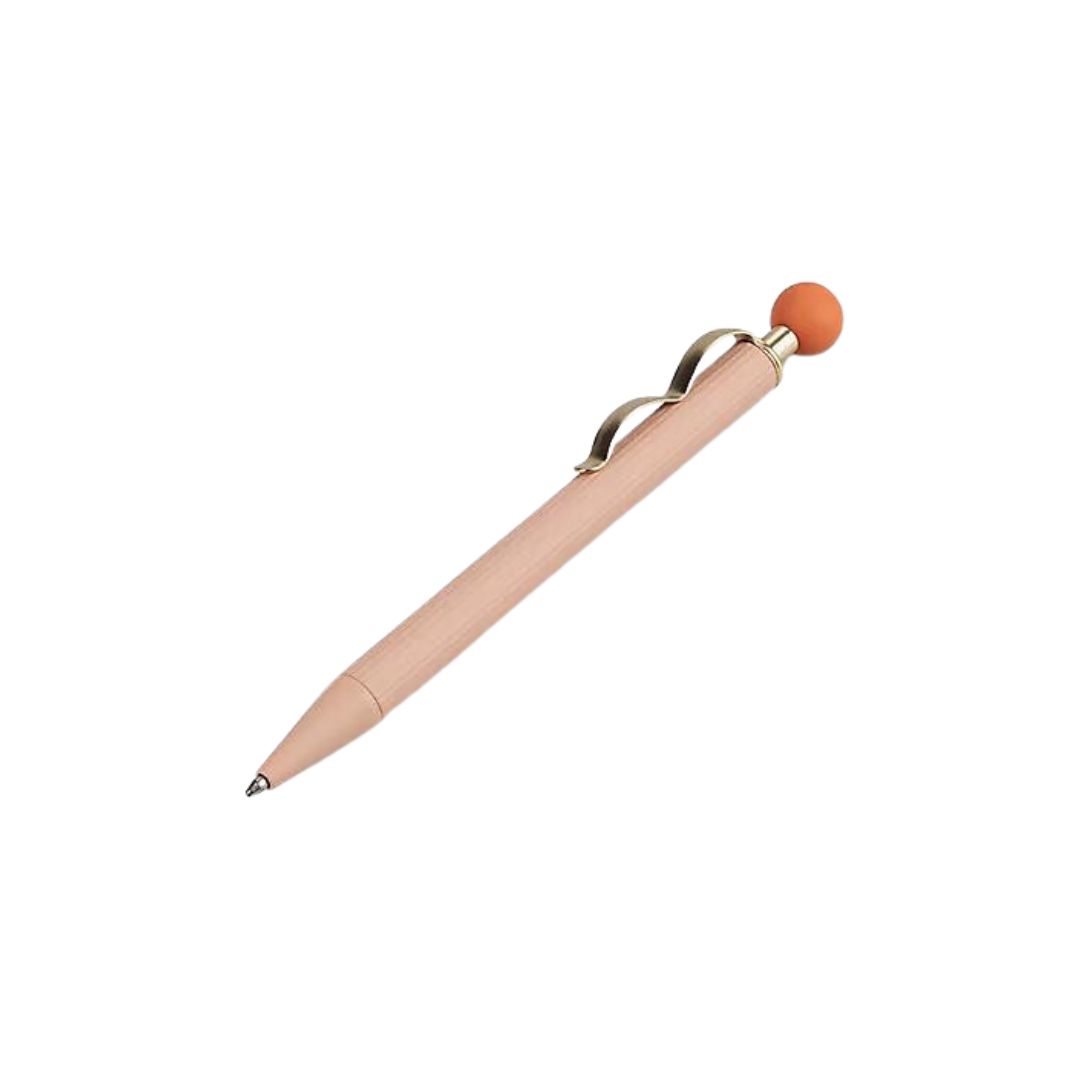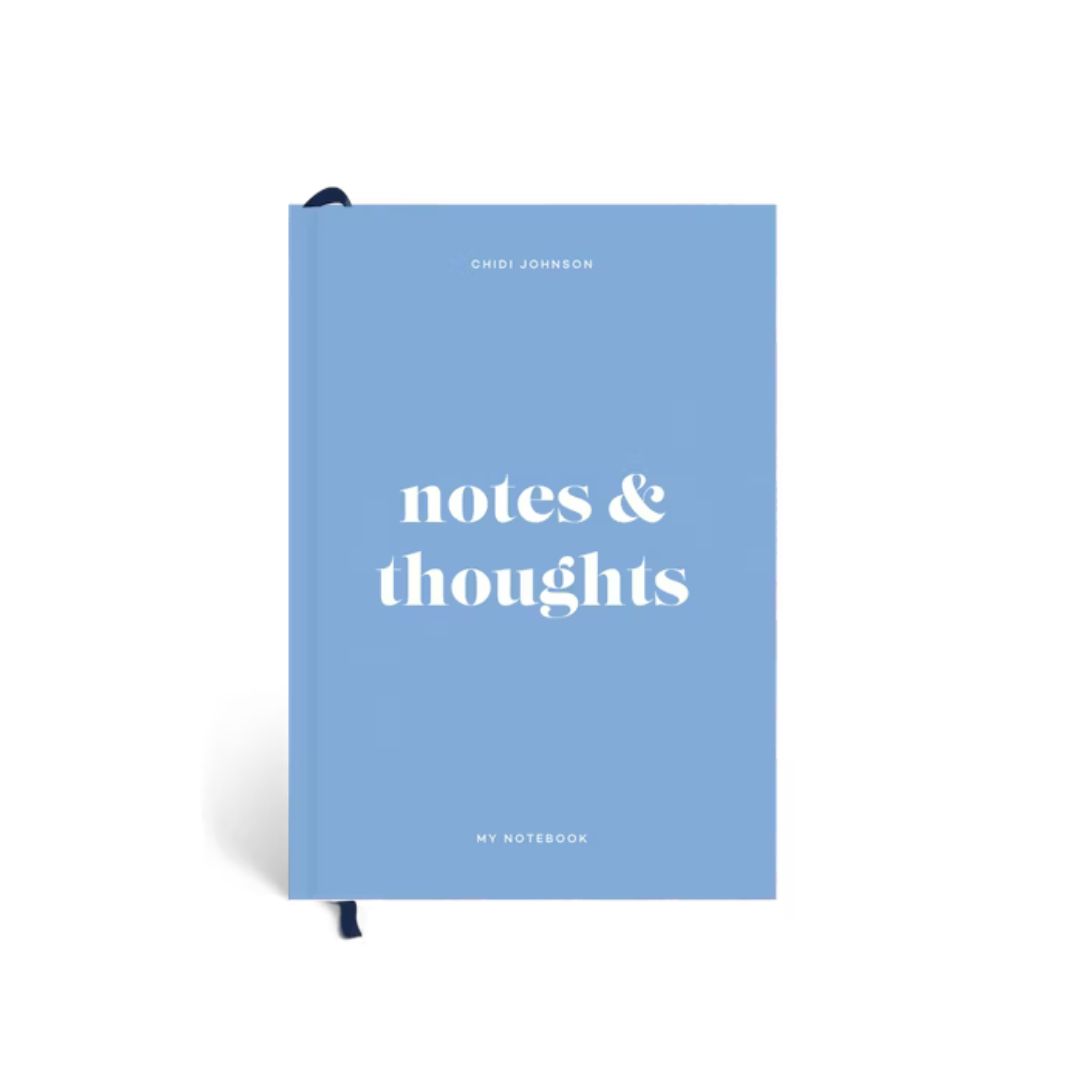I'm a Health Writer who decided to give TikTok's trending dopamine fasting a go - here's why I wouldn't recommend it
Plus, what the experts think of the trend.
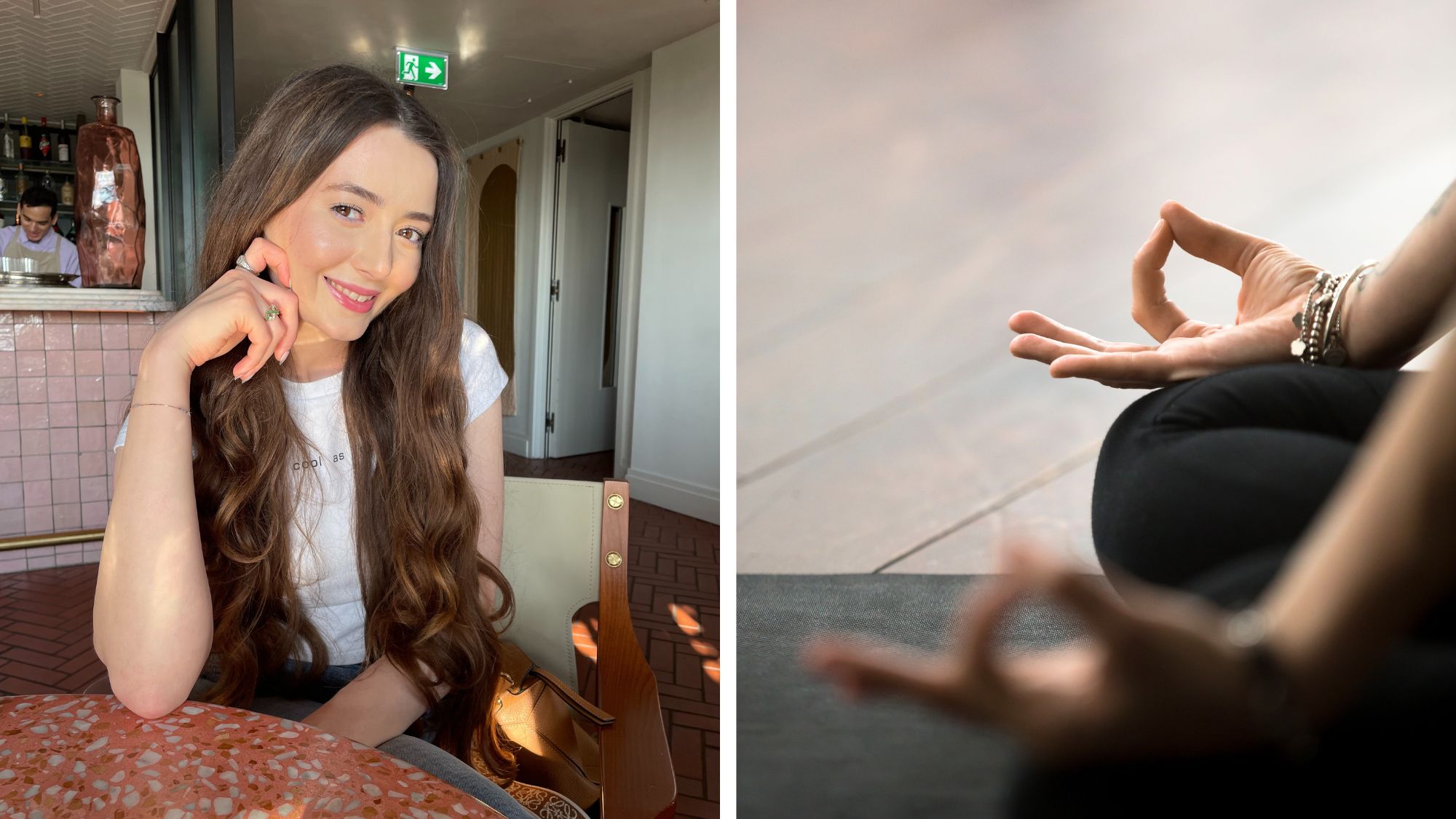

Ever heard of dopamine fasting? Let us explain. Currently trending on TikTok with an impressive 350 thousand views and counting, in short, it's a practice that promises to boost your happiness, mood, and overall wellbeing - if only you cut back on the things you love, first.
The theory goes that by limiting the amount of dopamine your brain is receiving - in other words, reducing your screen time, social media usage, and sweet treats – you'll then experience a next-level dopamine boost when you do enjoy those things.
First coined by Californian psychiatrist Dr. Cameron Sepah, it's pretty extreme, asking you to cut out all stimulation for 24 hours. And while we're not about cutting out things you love here at Marie Claire UK - life is about healthy balance, after all - we were intrigued by this trending topic.
Fans of a dopamine fast explain that the more dopamine you have, the more you need to feel the same amount of pleasure. Essentially, you become numb to the joy - and by taking away the things that bring you said joy, you're resetting your baseline, resulting in a happier, more productive, and less tech-reliant life.
Wondering why it's called dopamine fasting? In short, because dopamine is the chemical neurotransmitter in your brain that's responsible for feelings of pleasure.
That said, dopamine isn't just responsible for feelings of happiness, with research implying that it plays an essential role in motivation, too. Have a scroll through TikTok and you'll see what we mean, with hundreds of videos claiming dopamine fasting is the answer to being more productive, getting over any addiction, and generally helping you live life to the fullest.
There is such thing as too much of a good thing, though, with the hormone linked to addiction, too. Wondering how this affects you? Small things such as a notification on your phone can result in a hit of dopamine, which could be why it's so easy to get addicted to your smartphone.
Marie Claire Newsletter
Celebrity news, beauty, fashion advice, and fascinating features, delivered straight to your inbox!
Fair to say I was intrigued, then, and definitely keen to cut down my screen time after a year of freelancing and late-night doom-scrolling on my phone. But was cutting out all the jolly things in life really worth it and the answer to my low focus? Keep scrolling to see how I got on and what the experts had to say. Don't miss our expert-led guides to how to be happy, finding joy, the best self care ideas and self-help books, while you're here.
Dopamine fasting is trending - so I tried it
What is dopamine fasting?
As a Health Writer, I'm very much into testing TikTok trends. Some of the ones I've incorporated into my routine this year have been seriously effective - I'm looking at you, exercise snacking, rejection therapy and joining the sober curious community.
That said, I was immediately sceptical of dopamine fasting. Maybe because it's popular among the Silicon Valley tech bros, meaning I don't relate to it, or that it endorses cutting things out, but something instantly felt off. So I picked the brains of Dr Jenna Vyas-Lee, clinical psychologist and co-founder of mental healthcare clinic Kove and Dr Tom MacLaren, consultant psychiatrist at Re:Cognition Health.
"Dopamine fasting involves temporarily abstaining from stimulating activities such as using smartphones and social media to reduce dopamine release and reset the brain's reward system for improved focus and wellbeing," explains MacLaren.
That said, the experts are quick to tell me that I'm right to be sceptical - there is no scientific backing to dopamine fasting. "While there's some scientific understanding of how constant stimulation affects the brain's reward pathways, the term oversimplifies the complex role of dopamine in various physiological and psychological processes," he continues.
So, why all the hype now? The term has "gained popularity in certain self-help and productivity circles, but it's important to note that the concept is not grounded in rigorous scientific evidence, and its interpretation can vary widely," continues Dr Vyas-Lee. It can be problematic if interpreted wrong, resulting in you "fasting" from anything that gives you dopamine or brings you joy. Not fun, right?
Where does dopamine fasting originate from?
The idea is said to have originated from Dr Cameron Sepah but was intended to be just that - an idea, not one which was misinterpreted on social media and used day to day by thousands.
"The scientific community does not widely recognise the term dopamine fasting - it lacks a well-defined and evidence-based framework," shares Dr Vyas-Lee. "The understanding of dopamine release and its role in behaviour is complex, and oversimplifying it may not accurately represent the neurobiological processes at play."
@laurensbalancedbites ♬ original sound - Lauren| Food Freedom Dietitian
What are the benefits of dopamine fasting?
While both doctors tell me there is no scientific evidence or backing for dopamine fasting, they do highlight some general positives.
"Constant exposure to stimuli, especially from digital devices and social media, can lead to sensory overload," shares the clinical psychologist. "Taking breaks from these stimuli may help reduce stress and allow the brain to rest, not to mention contribute to better attention and focus. This aligns with the principles of cognitive psychology and attention restoration theory."
What are the cons of dopamine fasting?
Other than the fact it's not scientifically backed, many experts warn that completely abstaining from certain food groups and social situations will - surprise, surprise - do more harm than good.
While there are different interpretations of dopamine fasting online, some involve taking advantage of the benefits of meditation and journaling. Self-reflection journal prompts and body scan meditation are a part of my usual routine - but how would I get on trying 24 hours of only that?
I tried dopamine fasting - how I got on
A lot of the popular videos were primarily aimed at men, discussing how if you give up certain dopamine boosters like video games and fizzy drinks, you'll undoubtedly be more productive and successful.
That said, in the name of journalism, I was willing to give it a go for 24 hours. I started by taking both expert's advice - that is, not to approach dopamine fasting with a rigid mindset or adopting an all-or-nothing mentality.
"This may also lead to unrealistic expectations and increased stress," Vyas-Lee warns. "In addition, perceiving certain activities or stimuli as bad and avoiding them completely might contribute to anxiety or guilt. If dopamine fasting involves abstaining from essential activities such as work, self-care, or responsibilities, it can negatively impact daily functioning and productivity, too, leading to practical problems and increased stress," she explains.
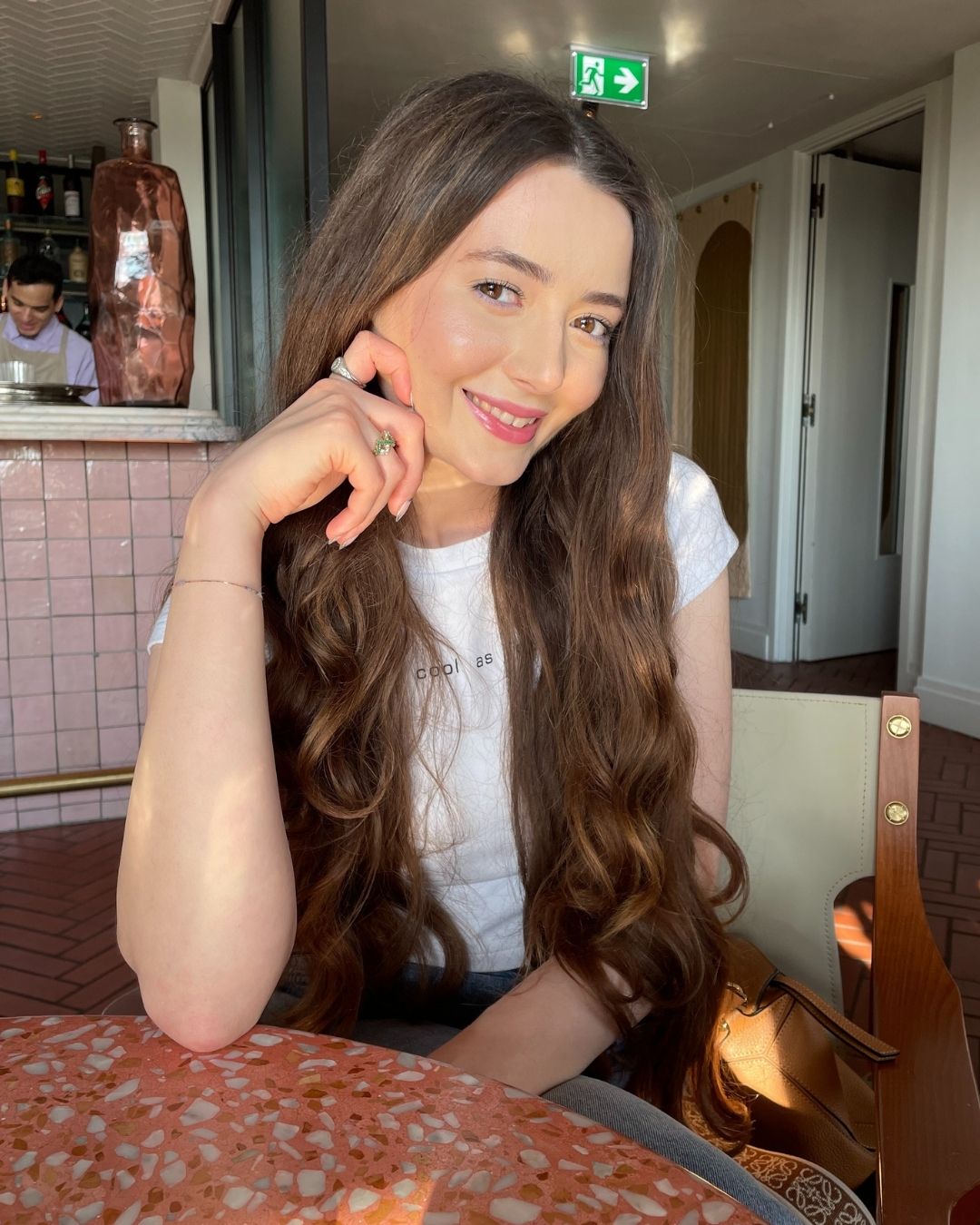
Health Writer Dionne Brighton trying dopamine fasting
24 hours of dopamine fasting
I started by getting my wellness planner out and listing the things I wanted to limit. "If you want to try dopamine fasting, the best way to start is to first identify specific activities you would like to avoid, such as video, your phone, or social media. Then, set a duration for the fast and plan alternative, less stimulating activities, which may include mindfulness or meditation," says MacLauren.
Lots of the Silicon Valley variations of dopamine fasting include abstaining from certain food groups and only drinking water, but I knew the experts wouldn't advise that. Instead, I chose to be mindful of my sugar, alcohol and caffeine intake, but not restrict myself (life is about balance, after all).
First thing on the morning of my dopamine fast, I made the first move - deleting all social media apps from my phone. Of course, I had to do it at the weekend because I couldn't work without screens, the Internet or caffeine (obviously).
Come lunchtime I'd nearly redownloaded Instagram three times - it was surprisingly hard, and I found myself randomly checking my phone for social media notifications despite knowing there would be none there. I also couldn't believe how agitated and on edge I was with nothing to do. I put my headphones on to try and find calm, then remembered I couldn't listen to music and just took myself to bed. Lying in bed, I reached for my book, then remembered that reading delivers a dopamine hit, too.
I'll admit it: I live in dopamine land. Scribbling in my journal about the many things I wanted to do and how not doing them made me feel, I concluded what I already knew: I'm addicted to my phone, social media, and fun daily activities. But aren't we all? With nothing to do other than reflect and meditate, I went out for dinner with my family - which, sure, is technically against the rules because limited talking is part of dopamine fasting. That said, I reasoned that it wasn't with my friends, and it was a pretty chill dinner, so it was okay. It had to be okay because I was so bored I couldn't keep up without doing something.
My verdict
Was it worth my time? Potentially. It helped encourage mindful eating (I may or may not have finished two advent calendars come December 1st...) and while I already knew that my relationship with my phone was unhealthy, fasting from it did help remind me of this. That said, what it did mean was that when I re-downloaded the apps, I spent way longer catching up. However, I have learnt that I need to be more mindful of how and why I use it, not just for a dopamine hit or when bored.
My final verdict? Skip this one - it's isolating and boring. While you may become aware of certain routines in your life that you're relying on - for me, certain sugary foods and social media - cutting them out doesn't make you feel instantly happier.
In my opinion, it isn't the answer and results in a pretty miserable time when you are fasting. The idea in and of itself is reductive - our happiness doesn't depend on one neurotransmitter, after all. Not to mention, it feels a little Puritan, too - the whole thing reminds me of giving up chocolate for Lent and salivating over that extra sweet egg at Easter for months.
Life shouldn't be about restricting yourself from the things you love - rather, encouraging a healthy and active balance for yourself, and enjoying everything in moderation. While I'm certainly more mindful of how I spend my time and what brings me joy now, I won't be dopamine fasting again any time soon.
Shop our go-to journaling tools
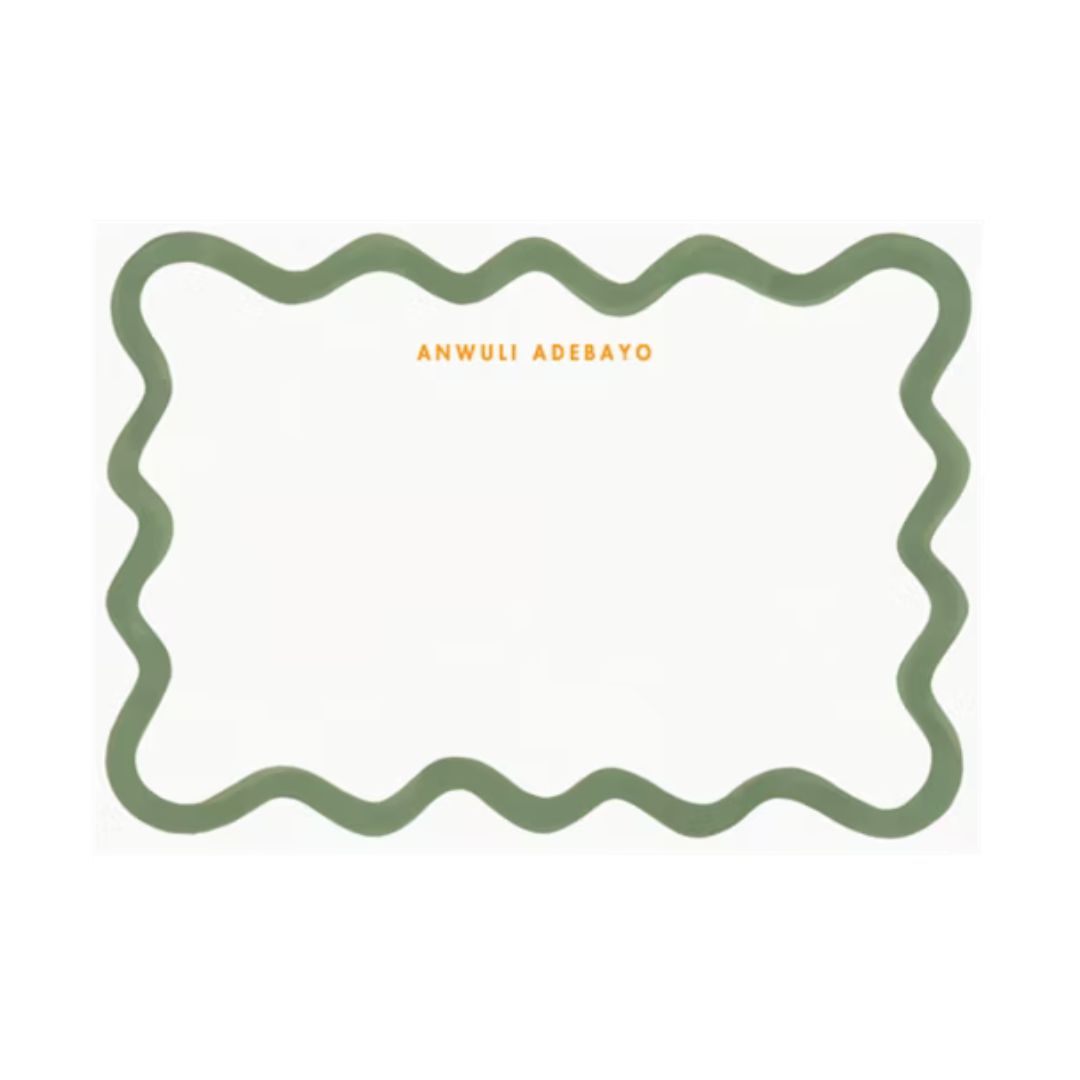
Journaling is a highly personal practice, yet sometimes, the art of putting pen to paper and writing a friend, colleague or loved one a letter can also be cathartic. Whether it's to thank them or just brighten their day, we're a big fan of these cute Papier notecards for a personal touch.
Dionne Brighton is a writer at Marie Claire UK, specialising in all things shopping, beauty and fashion. Born and raised in North London, she studied Literature at the University of East Anglia before taking the leap into journalism. These days, you can find her testing out the latest TikTok beauty trends or finding out what the next full Moon means.
-
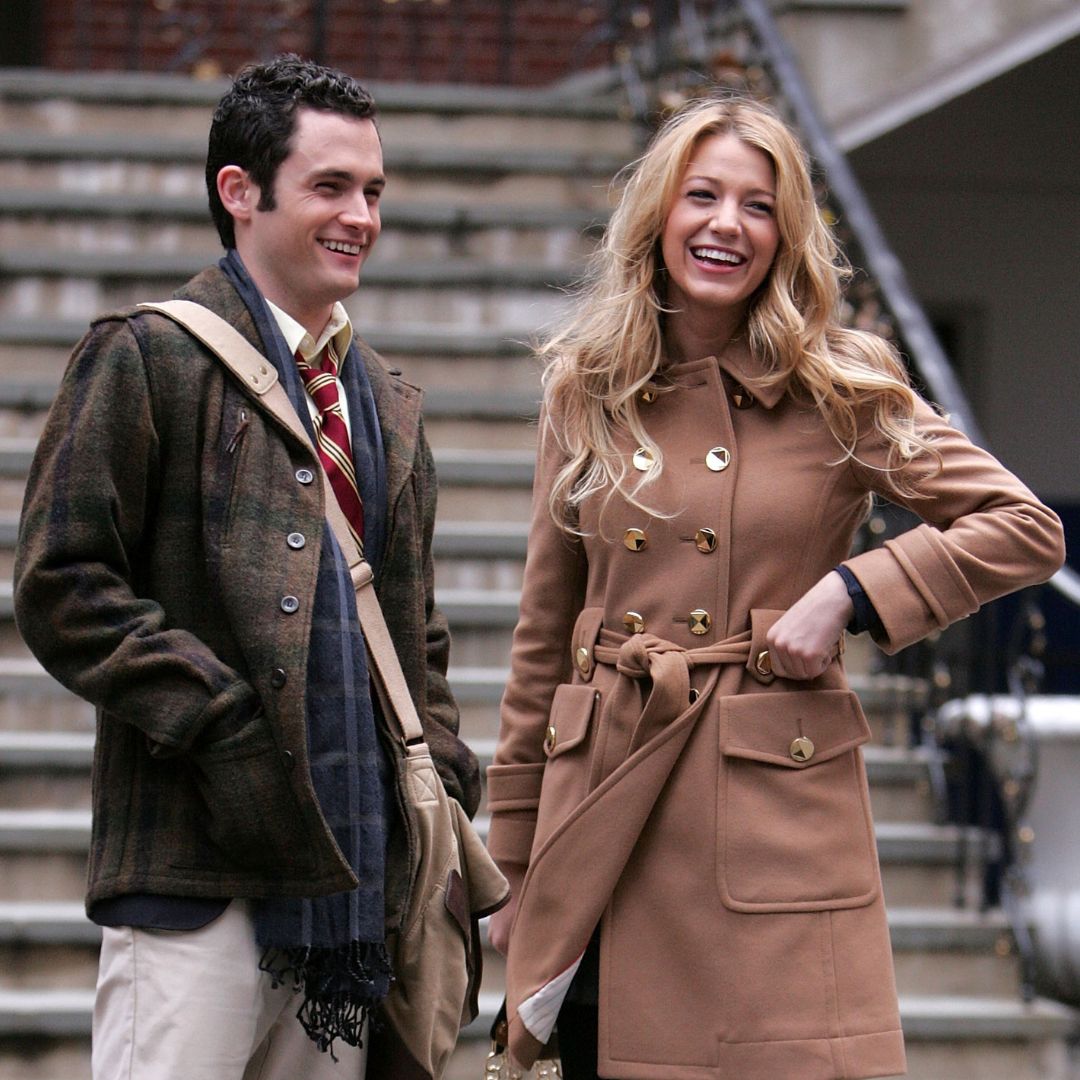 Penn Badgley and Blake Lively kept their breakup a secret from the Gossip Girl cast and crew - here's what we know about their former relationship
Penn Badgley and Blake Lively kept their breakup a secret from the Gossip Girl cast and crew - here's what we know about their former relationshipBy Jenny Proudfoot
-
 This iconic rose perfume is a compliment magnet—it makes me feel ‘put together’ after just one spritz
This iconic rose perfume is a compliment magnet—it makes me feel ‘put together’ after just one spritzGrown-up and elegant, yet not at all dated.
By Denise Primbet
-
 Spring has finally sprung - 6 best outdoor workouts that are totally free and boost both body and mind
Spring has finally sprung - 6 best outdoor workouts that are totally free and boost both body and mindSoak in the nature and boost Vitamin D *and* endorphins.
By Anna Bartter
